This story is told by David Kirk Hart, former professor at Brigham Young University’s Marriott School of Management. It comes to me by way of my good friend and storyteller, Jim Ericson.
“During World War II, a British war correspondent had gone into Normandy. He was particularly disgusted by the fact that the generals were living in mansions and estates, in posh digs, while the grunts were on the line. The reporter was really upset one night when he heard that the Nazis had parked two Panzer divisions near Cannes, and a Scottish division was to face the worst of the Panzers the next morning; they were to attack right into the Panzers.
“The reporter went immediately into one battalion, and asked the Sergeant Major, ‘Where’s the Lieutenant Colonel?’ only to be told that he was in the back of the lines with the General. The reporter just flipped out and said, ‘Well doesn’t it anger you to know that you attack in the morning and your Colonel is back there with the General?’ At that point, the Sergeant Major drew himself up and said: ‘Sir, when the time comes for dying, he will be with us.‘”
There was a self-image improvement nostrum going around a few years ago that stated, “What other people think of you is none of your business.” I get that. We don’t want to try to remake ourselves according to someone else’s image of what we should be. Generally, we’re very poor at being someone who we’re not. There’s a larger point here for leaders: what do your followers believe to be true about you? What can they trust in you? What can you be counted on for? Why should they follow you? It’s not quite “What do they think of you?” but it’s close. It’s deeper.
I believe it has to do with four things:
- Character – Who you are at the core. Your values. Your beliefs.
- Commitment – What do you stand for (see Character)? Where do you draw lines and set boundaries? What will you not do? For whom and for what will you go the distance?
- Competence – What do you know? What have you learned? What can you teach me? What can you do? Do you understand the “here and now?” Do you have a clear picture of the “then and there?” How will you bridge the gap between the two?
- Communication – How do you relate to others? Do you clarify your intent? Are you a good listener? What’s your story?
Think about the important areas of your life; the important roles you play? Who are the important people in your life in those roles? What would you have them say about you after you’re gone? Really. Write the answers down somewhere. Check your answers. How well do they line up with your character, your commitment, your competence, and your communication? What do you need to work on? What are you going to do differently?
When the time comes for dying, will you be with us?
In Other Words…
“Your position never gives you the right to command. It only imposes on you the duty of so living your life that others can receive your orders without being humiliated.” – Dag Hammarskjold, former Secretary General of the United Nations
“In times like the present, men should utter nothing for which they would not willingly be responsible through time and eternity.” – Abraham Lincoln, December 1, 1862 Message to Congress
“When we are debating an issue, loyalty means giving me your honest opinion, whether you think I’ll like it or not. Disagreement, at this state, stimulates me. But once a decision is made, the debate ends. From that point on, loyalty means executing the decision as if it were your own.” – General Colin Powell
“In the Western tradition, we have focused on teaching as a skill and forgotten what Socrates knew: teaching is a gift, learning is a skill.” – Peter Drucker
“It is my daily mood that makes the weather. I possess tremendous power to make life miserable or joyous. I can be a tool of torture or an instrument of inspiration, I can humiliate or humor, hurt or heal. In all situations, it is my response that decides whether a crisis is escalated or de-escalated, and a person is humanized or de-humanized. If we treat people as they are, we make them worse. If we treat people as they ought to be, we help them become what they are capable of becoming.” – J. W. Goethe
“The deepest human need is the need to be appreciated.” – William James
“The kind man feeds his cat before sitting down to dinner.” – Hebrew proverb
In The Word…
“A good name is more desirable than great riches; to be esteemed is better than silver or gold.” – Proverbs 22:1


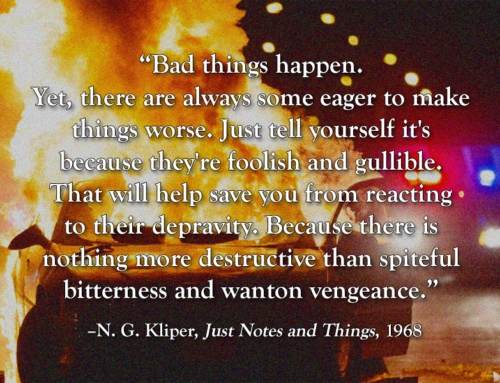
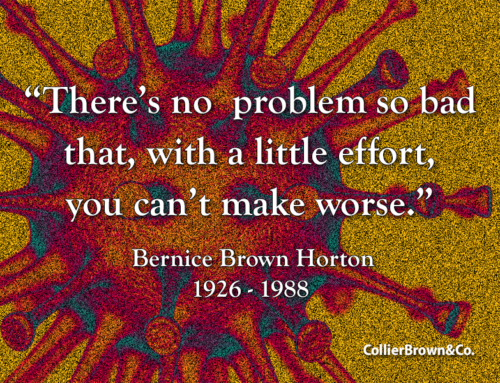

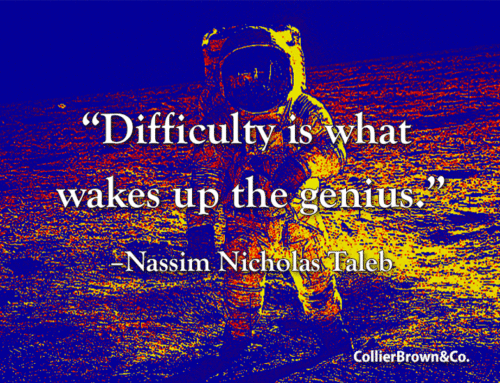
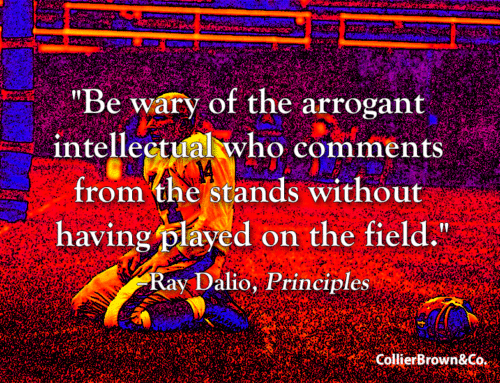
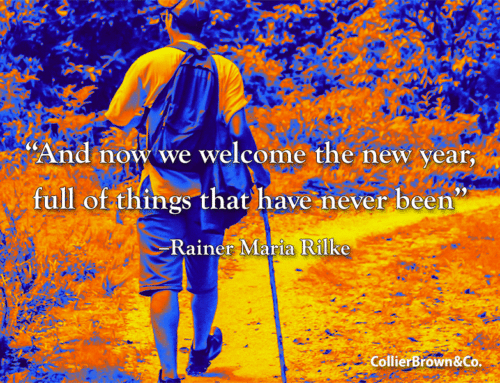
Leave A Comment